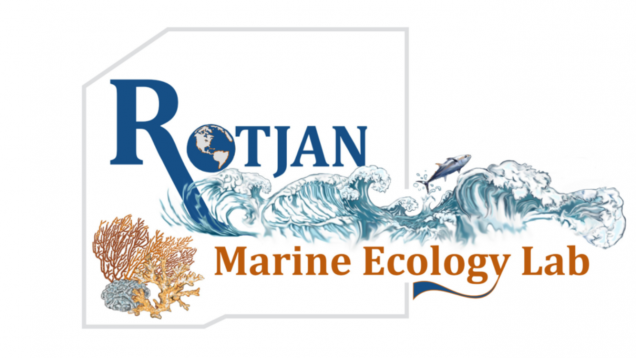Who we are
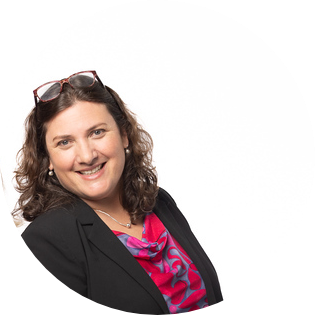 |
Dr. Randi Rotjan (she/her/hers) is currently a Research Associate Professor and a Senior Lecturer at Boston University in the Biology Department and in the BU Marine Program, and as of September 2025, she will be joining the faculty of the Tufts University Department of Biology as an Associate Professor. Prior to joining BU, she spent 8 years as an Associate Research Scientist at the New England Aquarium, where she simultaneously held positions at UMass Boston and the Smithsonian Institution. She is the lead scientist for the Blue Nature Alliance, which is a global partnership to catalyze large-scale ocean conservation. She was formerly the co-Chief Scientist of the Phoenix Islands Protected Area (PIPA) Conservation Trust, and has been working with marine protected areas for two decades. She is a member of Women Working for Oceans (W2O) and the Explorers Club, and is a Faculty Associate at the Boston University Frederick S. Pardee Center for the Study of the Longer-Range Future. She received a B.S. from Cornell University, a Ph.D. from Tufts University, and was a Postdoctoral Fellow at Harvard University. She is a member of the Board of Directors for The Nature Conservancy – Caribbean. She lives in the Boston area with her two sweet children, physicist-husband, and a yard full of native plants. |
 |
Tyler Chidsey (he/him/his) is the Rotjan Lab manager and research technician assisting Randi in marine conservation endeavors with the Blue Nature Alliance. Tyler graduated from BU with a Bachelor of Arts in 2022. He majored in Marine Science and minored in Biology, mentored by Dr. Wally Fulweiler and Dr. Alia Al-Haj. He spent his undergraduate years investigating the biogeochemistry of coastal ecosystems, culminating in a senior honors thesis exploring the influence of decomposing Zostera marina wrack on greenhouse gas fluxes on New England sandy beaches. After graduating, Tyler served as a biogeochemistry intern at The Emerald Tutu, a coastal resilience startup pioneering a network of salt marsh floats to reduce wave action and ameliorate water quality in Boston Harbor. He designed experiments for field and lab tests of prototypes’ nutrient uptake capabilities as well as built the framework for a biogeochemical model to assess the ecological impacts of floats on Boston Harbor and vice versa. He is now working on his MS in Biology, studying the habitat use of pelagic sharks in MPAs in the Gulf of Mexico and Caribbean Sea. When not in the lab, you can find Tyler surfing waves at the nearest beach, buying too many books at local bookstores, or tending to his many many houseplants. Google Scholar |
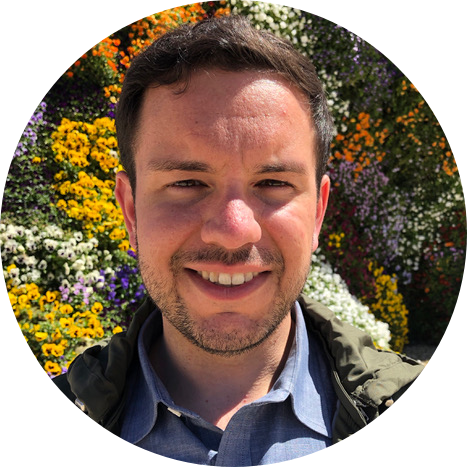 |
Dr. Steve Auscavitch (he/him/his) is a Visiting Researcher in the Rotjan Lab. His research broadly seeks to understand ecological patterns and processes in deep-water coral ecosystems, particularly on seamounts. His current project in the lab seeks to identify and describe protected deep-water coral biodiversity, as well as patterns in phylogenetic community structure, in the equatorial Pacific and surrounding waters. His work leverages data collected from remotely operated vehicles with existing collection resources present in museum archives. Steve is also an active member of the Corp of Exploration on the E/V Nautilus where he has contributed as science lead and science data manager on several cruises since 2014. He received his BS in Marine Science from the University of Connecticut at Avery Point, his MS in Marine Biology at the University of Maine, and PhD in Biology from Temple University. You can follow him on Twitter @SteveAuscavitch and via his personal website. |
 |
Dr. Anna Gauthier (she/her/hers) is a recent PhD who worked jointly between the Rotjan Lab and the Kagan Lab (Harvard Medical School, Department of Virology), and is now a postdoctoral researcher at the Salk Institute. She recently was aboard the R/V Falkor to collect deep sea microbes for her dissertation work, and continues to collaborate with the Rotjan Lab. Come back to learn more about Anna. :-) @RatherLargeNerd |
 |
Dr. Brian RC Kennedy (he/him/his) just completed his PhD in the Rotjan lab and is now a Visiting Researcher. Prior to this, Brian spent 8 years with NOAA’s Office of Ocean Exploration and Research working on board the NOAA Ship Okeanos Explorer. During his time with NOAA he served as NOAA Corps officer and a civilian managing ocean exploration expeditions as well as leading OER’s telepresence efforts. Brian’s research interest are broad, including but not limited to deep sea ecology, ocean exploration and the technology to better access and document the deep ocean, all of which can be showcased in his first, first-authored paper in Frontiers in Marine Science. Brian has been part of the first deep-sea dives in both the Phoenix and Gilbert archipelagos, in collaboration with Rotjan and others. @BrianRCKennedy Google Scholar |
 |
Jacob Jaskiel (he/him/his) is a 5th year PhD candidate studying early life history and population dynamics of tropical tunas across the Pacific. He graduated from BU (’19) majoring in Marine Science and minoring in Environmental Analysis and Policy. Jacob went to sea with the Sea Education Association in 2018, where he helped the crew collect the oceanographic data and plankton samples that we analyze in the lab (check out the blog on NatGeo Open Explorer!). In the lab, he works with ichthyoplankton samples from throughout the Pacific in order to gather information that may inform future conservation efforts, in collaboration with Jan Witting at SEA. He also co-authored a recent paper on seagrass microplastics. Fun fact from Jacob: I am a huge outdoorsman and I love to kayak, fish, snorkel, camp, and pretty much anything else that allows me to be in nature. @RascalJaskiel Goo |
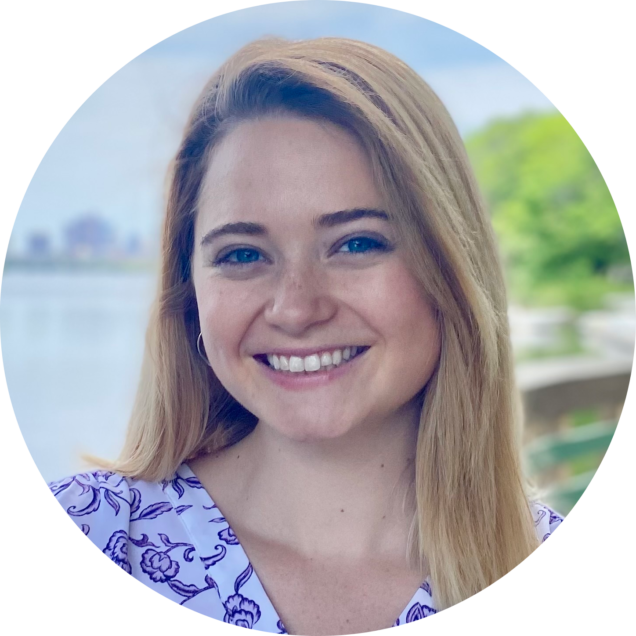 |
Caroline Fleming (she/her/hers) is a 5th year PhD candidate and #NSFGRFP 2020 Award Winner. In her undergraduate career at College of the Holy Cross, she worked with Dr. Justin McAlister investigating the phenotypic plasticity of Lytechinus variegatus sea urchin larvae under various feeding regimes. At BU, she is interested in quantifying the energetic trade-offs corals make under anthropogenic stressors. To this end, Caroline draws from the disciplines of mathematical modeling, larval ecology, ecological toxicology, and energetic physiology to understand how marine organisms are adapting to a changing oceanic system. Caroline is also a member of the URBAN Biogeoscience and Environmental Health program at BU, where she investigates the effect of urban nutrification on the physiology of the temperate coral Astrangia poculata in Narragansett Bay, Rhode Island. An ecophysiologist at heart, Caroline has dipped her toes in population ecology, phylogeography, and epigenetics, but has found her home in the multidisciplinary work of the Rotjan lab. When not in the lab or riffling through the nearest tide pool, you can find Caroline putting her Art History minor to work at a Boston art museum, or attending an indie rock concert. @cflemsscientist |
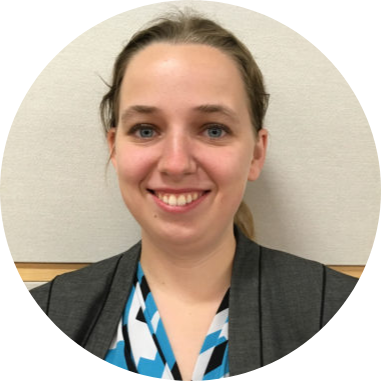 |
Brenna Stallings (she/her/hers) is a recent masters alum and current affiliate of the Rotjan Lab. She majored in Biology with a minor in marine science at BU. She is working on the equatorial coral reefs photomosaics project as part of the 100IslandsChallenge, classifying the coral cover and hoping to look at the changes in sites over time. She also helped to teach and oversee undergrads who are working on the project with her. A fun fact about Brenna: She is learning to play D&D. |
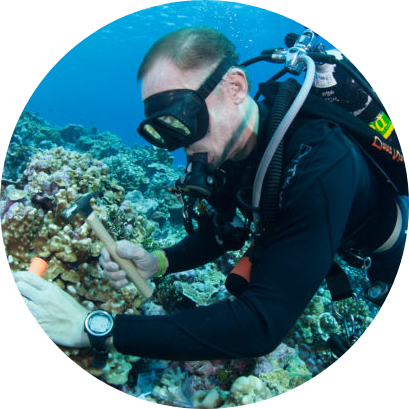 |
Peter Gawne (he/him/his) has a bachelors from Tufts University, and is currently a masters student matriculated through UMass Boston via the UMB-NEAq partnership. He is examining how iron pollution impacts reef resilience and recovery (in collaboration with Drs. Jessica Carilli and Sangeeta Mangubhai). Pete is also a full-time senior aquarist at the New England Aquarium, and has been working with Randi since 2010, when he first went to Belize with Rotjan in partnership with the Smithsonian Coral Reef Ecosystems Program. |
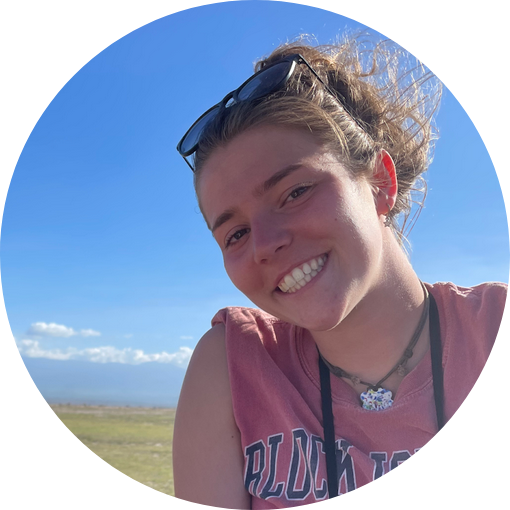 |
Abigail Farrell (she/her/hers) is a second-year masters student in the Rotjan Lab. She received a dual degree at the University of Massachusetts, Amherst, in Environmental Science and Psychology with a minor in Natural Resource Conservation. During her time at Amherst, she also completed an undergraduate honors thesis where she investigated food availability and growth rates as emigration cues for juvenile river herring. At BU, Abby is working with deep-sea coral data from Costa Rica, where she is exploring feeding dynamics and bacteria recognition of different octocorals. When not in the lab, you can find Abby with her golden retriever, Ryder, likely listening to Taylor Swift. |
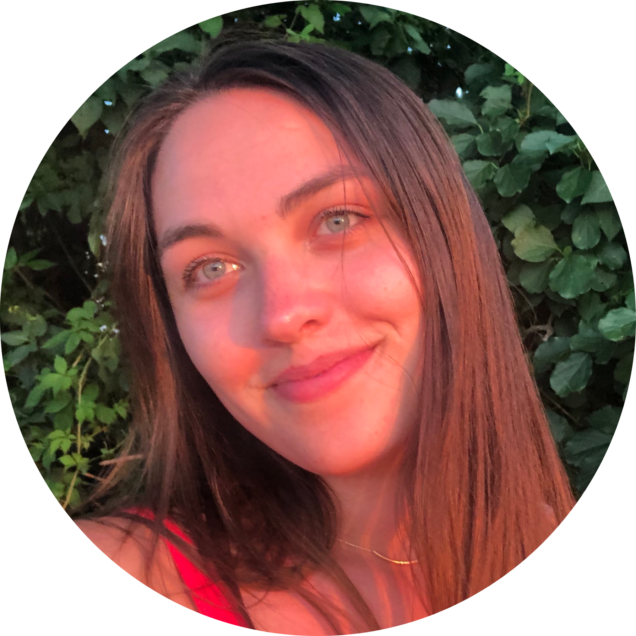 |
Brie Parse (she/her/hers) graduated from BU (’23) with a major in Marine Science and minor in Hospitality Administration. She is currently at sea in collaboration with Sea Education Association, collecting and preserving plankton samples in the Pacific, to later be processed and analyzed in the lab. In her free time, she loves to scuba dive and go for long walks with her family’s dogs. |
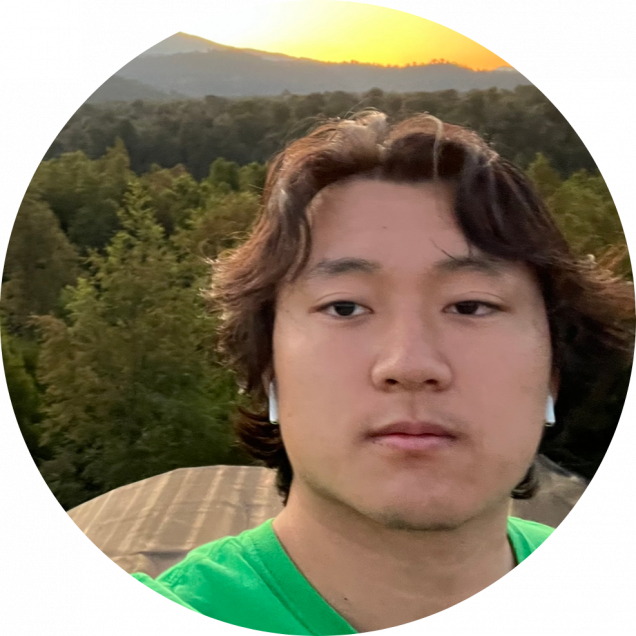 |
Ding Min Xin (He/Him/His) is an undergraduate student in the class of 2025, majoring in Marine Science. He is the leader of the Plankton Team within the Rotjan lab, and his favorite marine animal is Stygiomedusa gigantea because it looks cool and has a cool name :-). Outside of the lab, Ding enjoys going to the gym and playing video games. |
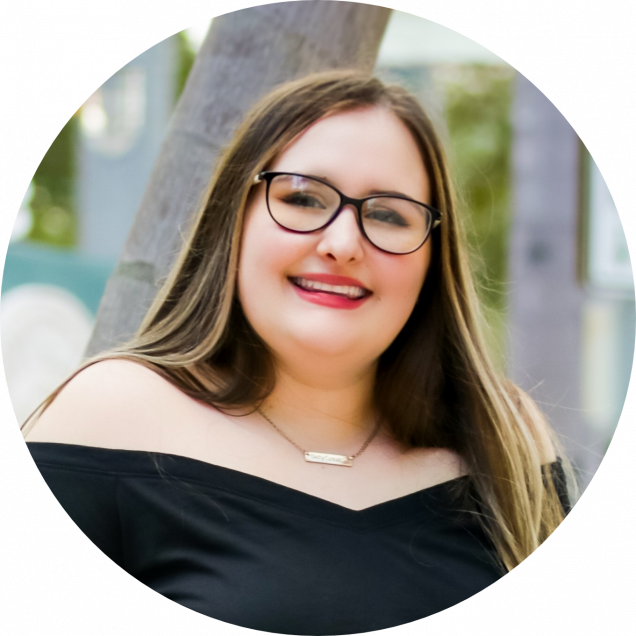 |
Delaney Foster (she/hers/her) is a member of the class of 2025 and majoring in Marine Science. She is originally from Stuart, Florida, and is loving the colder weather. In Rotjan’s lab, she works on the plankton sorting team. Outside of the lab, Delaney dedicates time to conservation through BU’s Environmental Affairs Department, the Sustainable Ocean Alliance, and BU Cleantech Club, to name a few. A fun fact is that she is currently learning Arabic! |
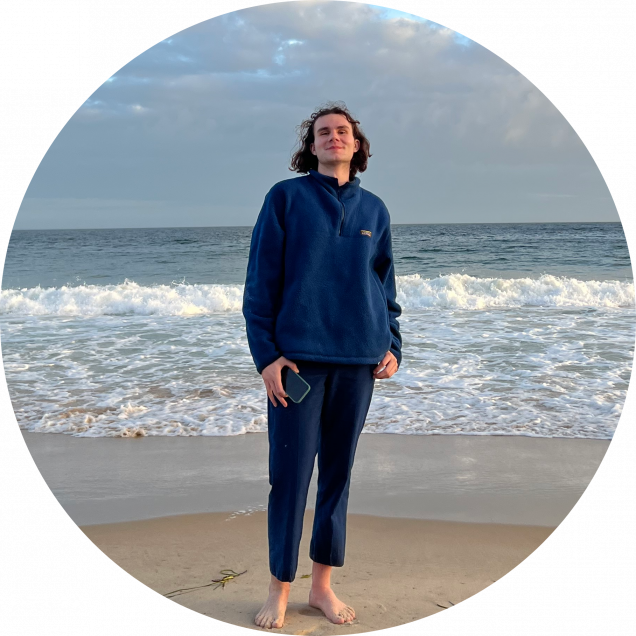 |
Dalton Kearns (he/him/his) is a member of the class of 2025 studying Marine Science and Biology. He is a member of the Plankton team in the Rotjan Lab. He is from Vashon Island, Washington, and enjoys swimming in the ocean, hiking, and playing tennis. |
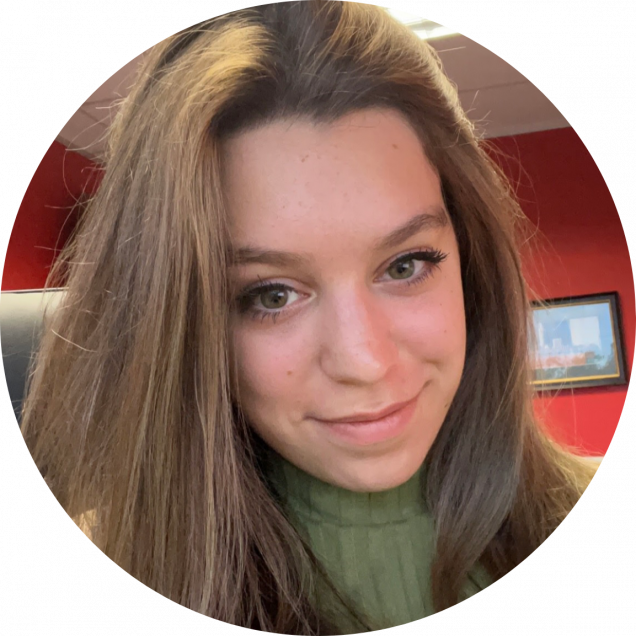 |
Michela Bracci (she/her/hers) is from The Woodlands, Texas and is an undergraduate student in the class of 2025, majoring in Biology with a specialization in Ecology and Conservation. She is currently a member of the plankton sorting team. She enjoys going to the gym and watching football. |
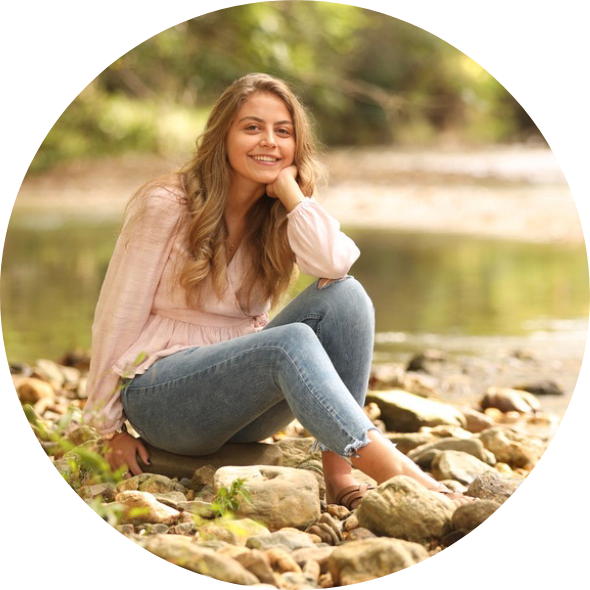 |
Olivia Krone (she/her/hers) is an undergraduate student from Southern Pennsylvania in the class of 2025. She is majoring in Human Physiology with a minor in public health. She is a member of the plankton sorting team and loves learning new things about the ocean every time she comes in to the lab! Outside of school, she enjoys going on long walks along the Charles River. |
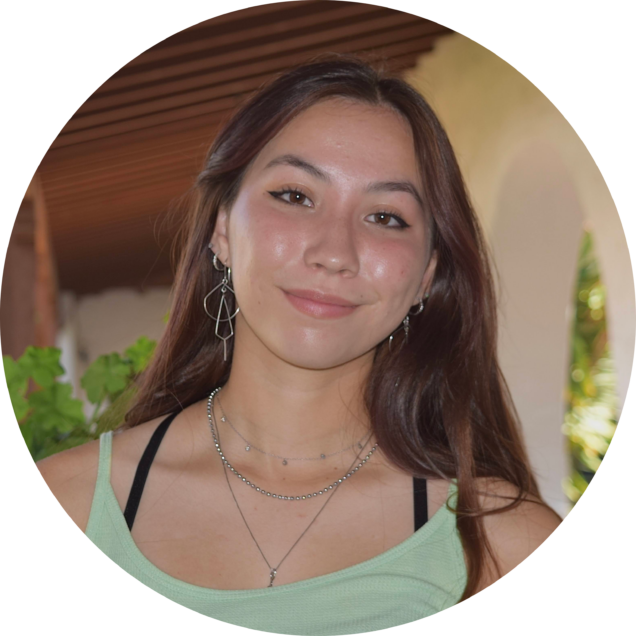 |
Audrey Jackson (she/her/hers) is an undergraduate student from Southern California in the class of 2026. She is majoring in Marine Science and working on the larval tuna DNA project at the lab. She has a passion for shark research and conservation and enjoys hiking, birding, rock climbing, and befriending squirrels at the Boston Commons in her free time.
|
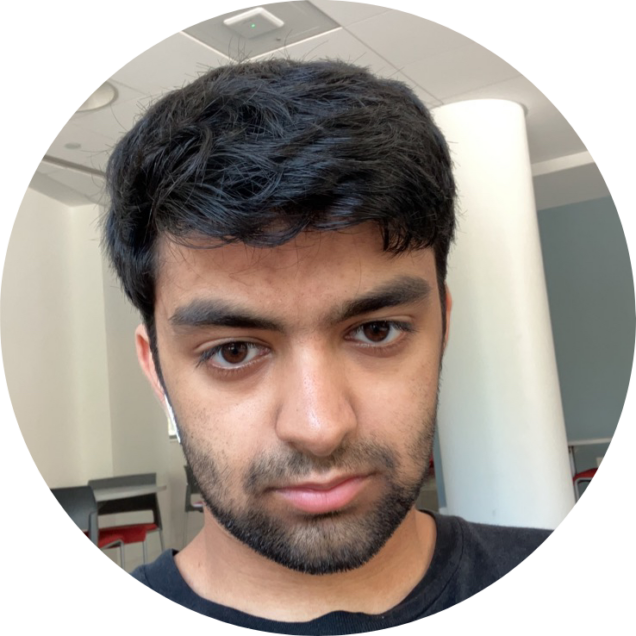 |
Nikhil Gupta (he/him/his) is an undergraduate student in the class of 2026, majoring in Biology. He is a member of the plankton sorting team at the Rotjan Lab. Outside of the lab, he likes to run, read, and learn new skills.
|
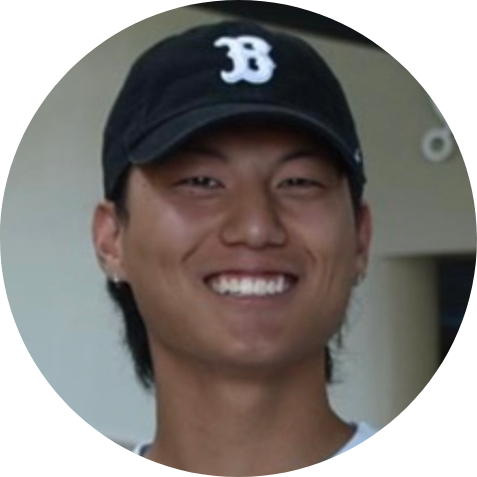 |
Brian J. Chang (he/him/his) is an undergraduate student from Los Angeles, California. He is in the class of 2026, majoring in Marine Science. Currently, he is working in the plankton sorting team in the lab. Outside of the lab, Brian enjoys playing music, bouldering, and hiking!
|
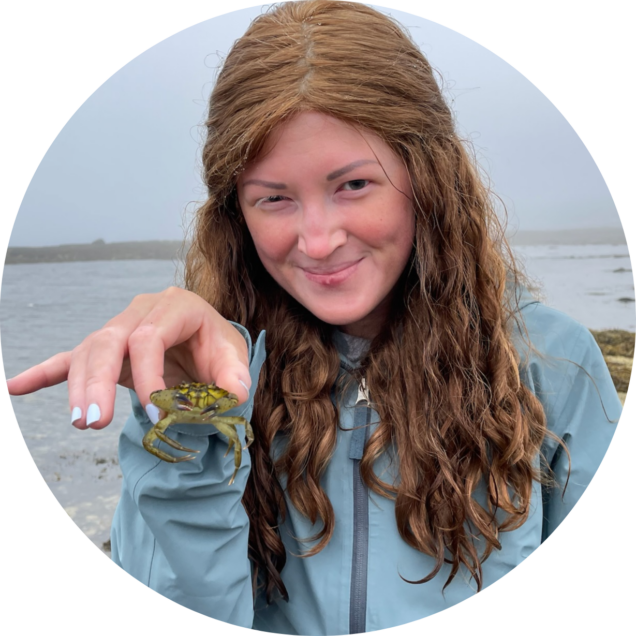 |
Julia Band Orange (she/her/hers) is an undergraduate student from Toronto, Canada in the class of 2026. She is majoring in Marine Science with a minor in English. She is working on the Astrangia poculata coral bioenergetics project and is passionate about studying anthropogenic impacts on the ocean and hopes to use her research to support the development of further environmental policy. When not in the lab, she loves playing music and is both in the BU Pep Band and an Indie Rock band of her own!
|
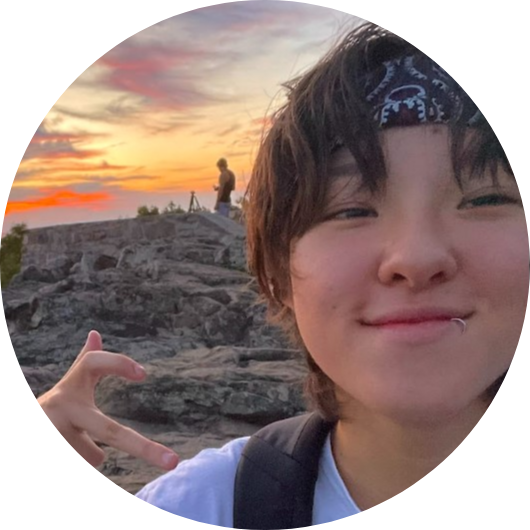 |
Chelseigh Bond (she/her/hers) is an undergraduate (’26) from Northern Virginia pursuing a bachelor’s in marine science. She is currently a member of the Pacific Plankton team and hopes to expand her knowledge and passion in the lab. Chelseigh is particularly interested in shark conservation and marine ecology, and in her free time can be found on a hike, in the gym, or reading a book in nature. |
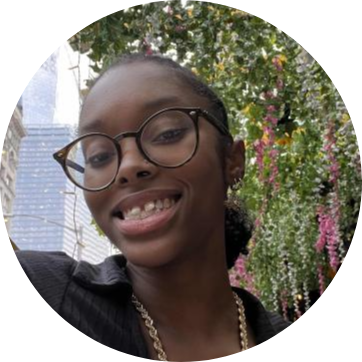 |
Atlas Emmanuel (they/them/theirs) is an undergraduate (’27) from New York City pursuing a bachelor’s in Biology with a specialization in Ecology and Conservation Biology and minoring in Marine Science. They graduated in 2023 with an Associate of Science in Biology from CUNY Medgar Evers College and are now a member of the Coral Husbandry team. They have a passion for research, and environmental conservation and restoration. Outside the lab they can be found going out with friends, drawing, or ranting about a random topic they know too much about. |
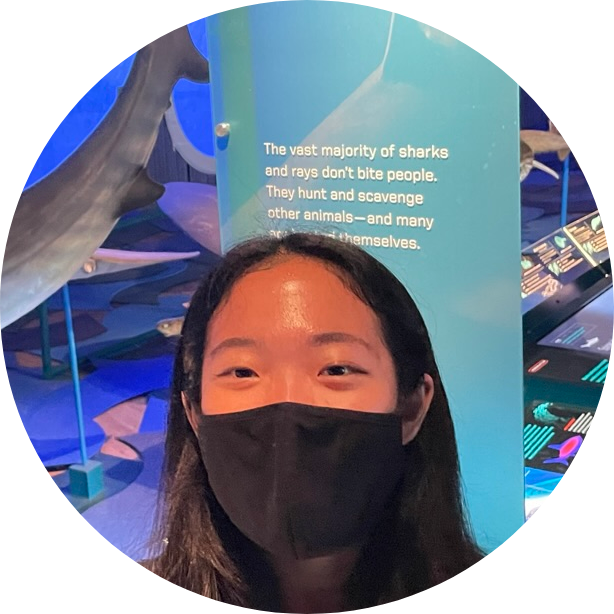 |
Isabelle Lam (she/her/hers) is an undergraduate student at the Rotjan Lab pursuing a Marine Science major. She’s currently analyzing deep-sea video from the Pacific Ocean, and hopes to one day visit. Outside of the lab, she can be found rock-climbing or at a cafe. |
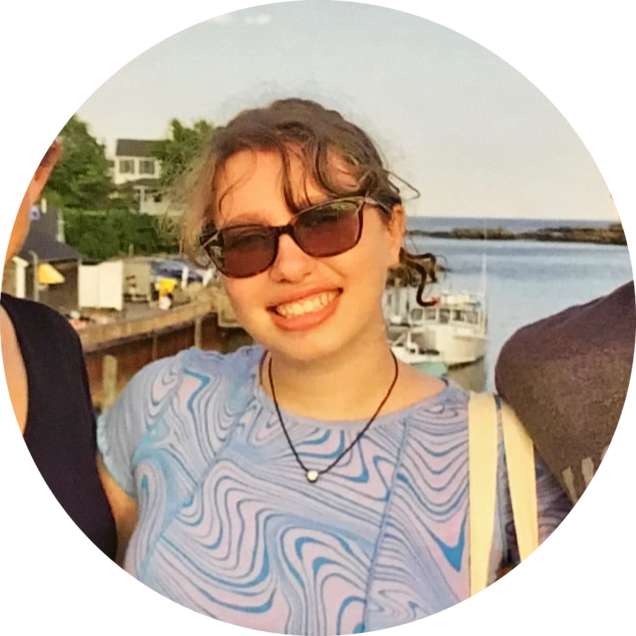 |
Katie Sherffius (she/her/hers) is a sophomore Marine Science major assisting with plankton sorting and coral husbandry. When not in the lab, she’s usually drawing or listening to records. |
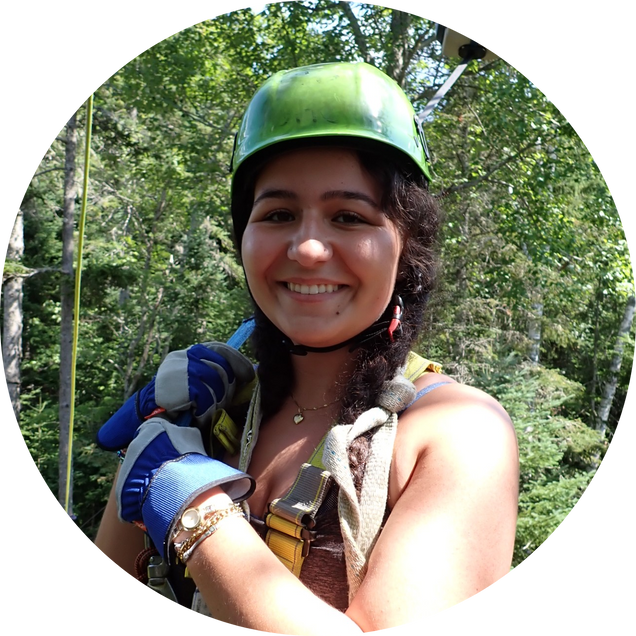 |
Georgia Karantenislis (she/her/hers) is a junior studying Biology with a specialization in Behavioral Biology. She is from Long Island, New York and will be working in the plankton sorting team at the Rotjan lab. Her hobbies and special interests include outdoorsy activities, horror movies, and playing pickleball. |
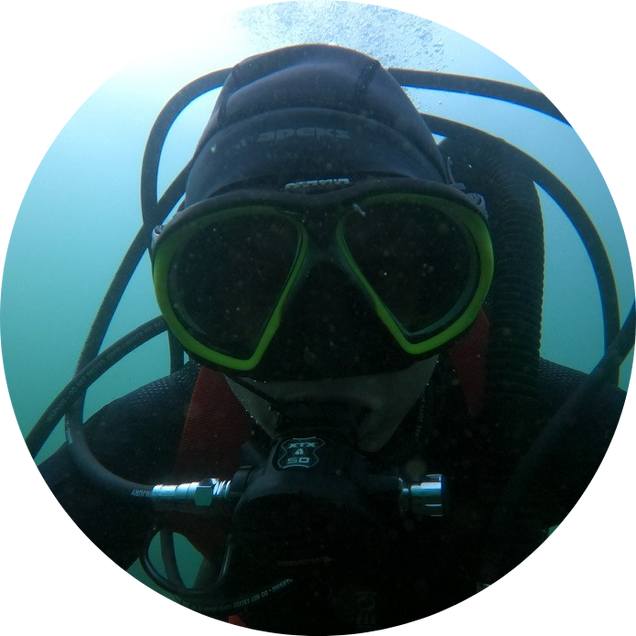 |
Georgia Fanthorpe (she/her/hers) is a super senior who transferred to Boston University for the Marine Biology program. Her love of the ocean developed in her home state of California when she would tide-pool with her mother. Georgia is majoring in Archeological and Environmental Science and minoring in Marine Biology and Visual Arts. Georgia is a part of the Animal Husbandry team and Plankton Project. After graduation, she hopes to pursue her studies to focus on the correlation between ENSO events and invertebrate range shifts. |
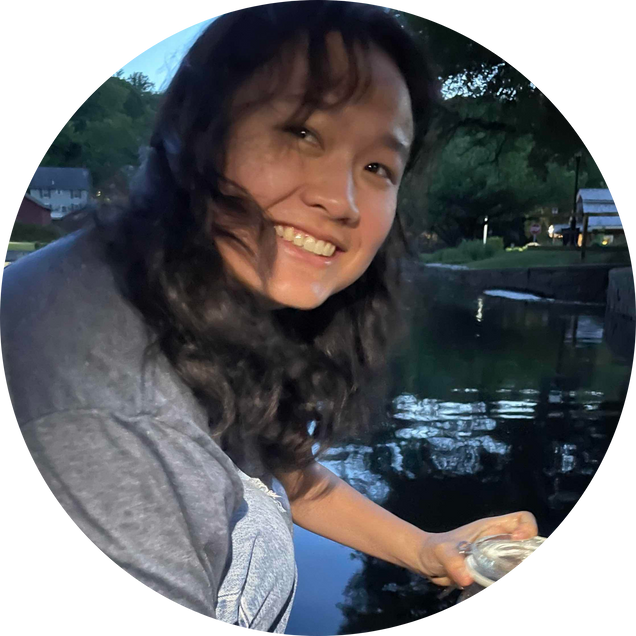 |
Alysa Zhao (she/her/any) is a junior studying math. She is helping out with measuring lipid masses in Astrangia poculata at the Rotjan lab. She has a curious obsession with aquatic life and hopes to keep a saltwater tank one day. While waiting for that opportunity, she is occupying herself by reading and playing piano. |
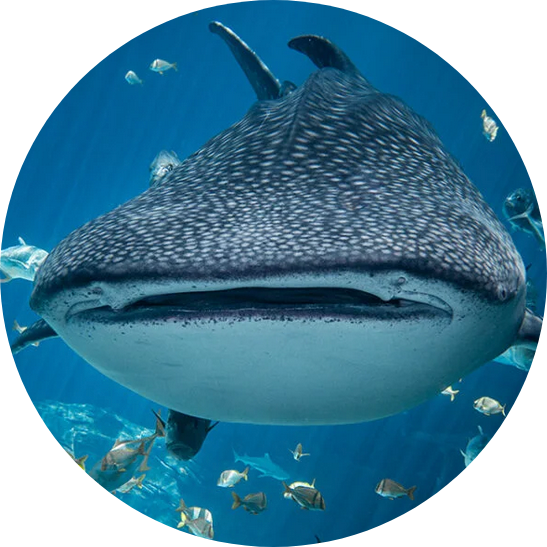 |
Maya Butkevich (she/her/hers) is an undergraduate student (’27) from Long Island New York majoring in Marine Science. Maya’s interests in this field range from plastic pollution (both micro and macro) to coral conservation to entanglement prevention. She is currently part of the coral husbandry and PIPA plankton sorting teams. Outside of the lab, Maya loves dancing, enjoying the outdoors, and hanging out with her dog. |
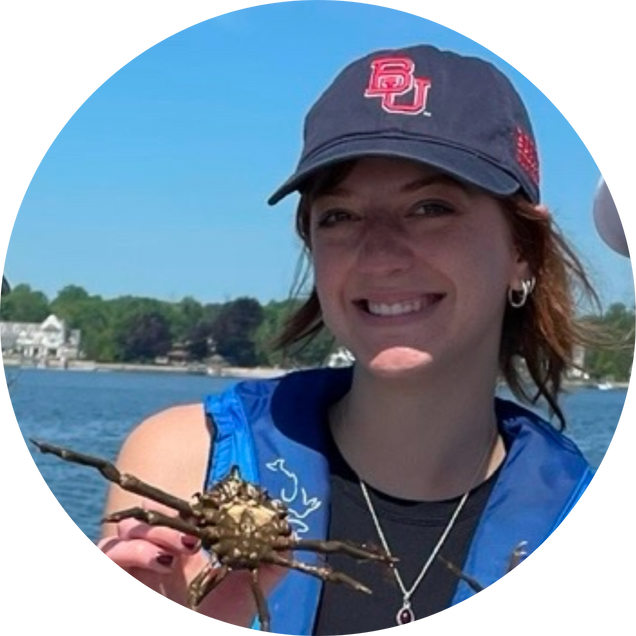 |
Talia Lalli (she/her/hers) is an undergraduate student in the Class of 2026 from Connecticut. She is majoring in Earth & Environmental Sciences with a minor in English. She is currently a member of the larval tuna DNA project. Outside of the lab, she likes to read, listen to music, and spend time outside. |
Recent lab alumni – Boston University |
Lab alumni – Boston University
Elizabeth (Liz) Burmester, Ph.D., now a Restoration Scientist at the Billion Oyster Project
Burmester EM, Finnerty JR, Kaufman L, Rotjan RD. 2017. Temperature and symbiosis affect lesion recovery in experimentally wounded, facultative symbiotic temperate corals. Marine Ecology Progress Series 570: 87-99.
Burmester, E., A. Breef-Pilz, N. Lawrence, L. Kaufman, J. Finnerty, and R. Rotjan. 2018. The impact of autotrophic versus heterotrophic nutritional pathways on colony health and wound recovery in corals. Ecology and Evolution 00:1-12.
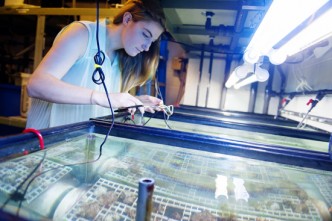
Lukas DeFilippo, B.S. Boston University, now a Ph.D. student at the University of Washington
DeFilippo, L., EM Burmester, L Kaufman, and RD Rotjan. 2016. Patterns of surface lesion recovery in the northern star coral, Astrangia poculata. Journal of Experimental Marine Biology and Ecology. 481: 15-24
Sara Edquist, B.S. Boston University, now a Ph.D. student at the University of New Hampshire
Edquist, SK and RD Rotjan. 2012. Testing vacancy chain predictions in Pagurus longicarpus hermit crabs: Does ecological gain and behavioral motivation match environmental context? Journal of Experimental Marine Biology and Ecology. 430: 78-86
Lab alumni – New England Aquarium
Allison Kerwin, M.S., Ph.D., now a postdoc at Penn State University
Sharp, K.H., Z.A. Pratte, A.H. Kerwin, R.D. Rotjan, and F.J. Stewart. 2017. Seasonal shifts in taxonomic diversity of the microbiome in the temperate coral Astrangia poculata. Microbiome 5(120): 1-14
Dimond, JL, AH Kerwin, RD Rotjan, K Sharp, FJ Stewart, and DJ Thornhill. 2013. A simple temperature-based model predicts the upper latitudinal limit of the temperate coral Astrangia poculata. Coral Reefs 32(2): 401-409
Sarah Abboud, M.S., now at UC Merced
Tania Lemos-Eskin, M.S., now at Brandeis University
Recent undergraduate lab alumni – Boston University
